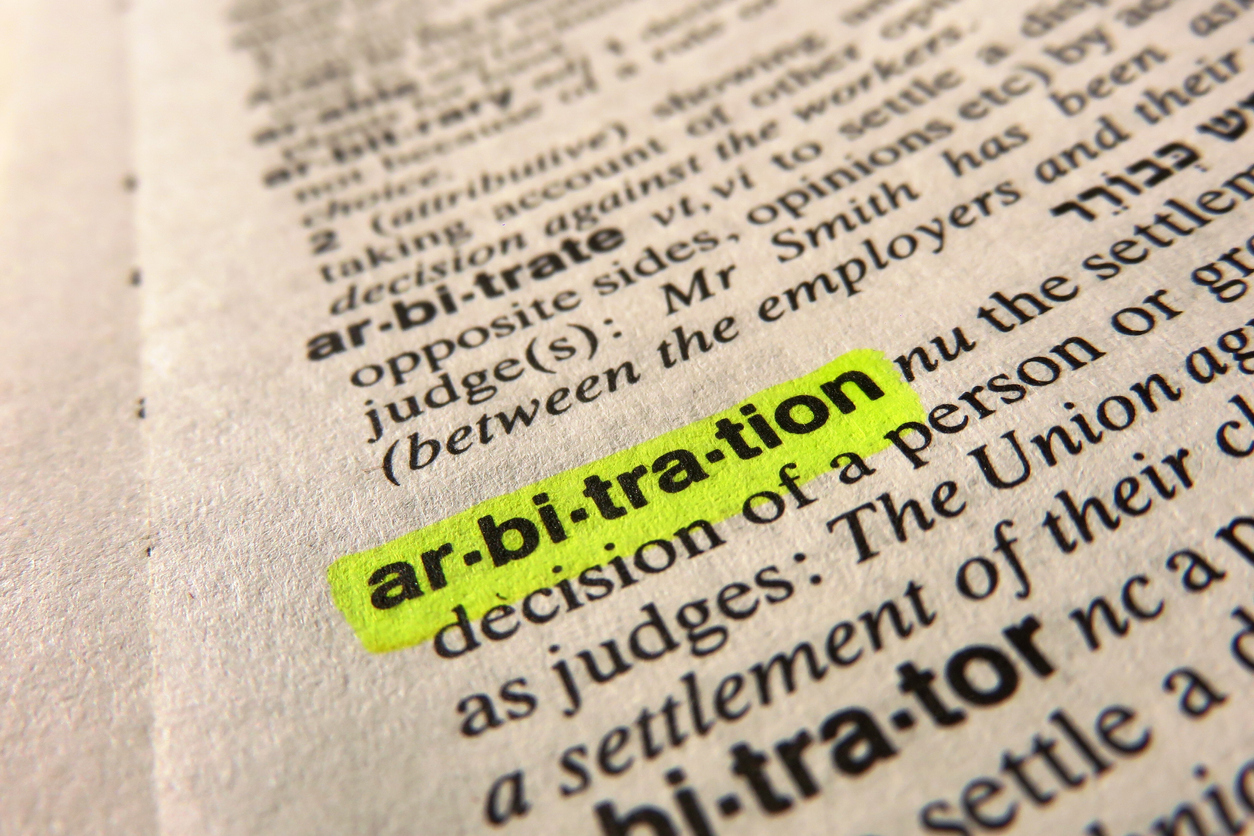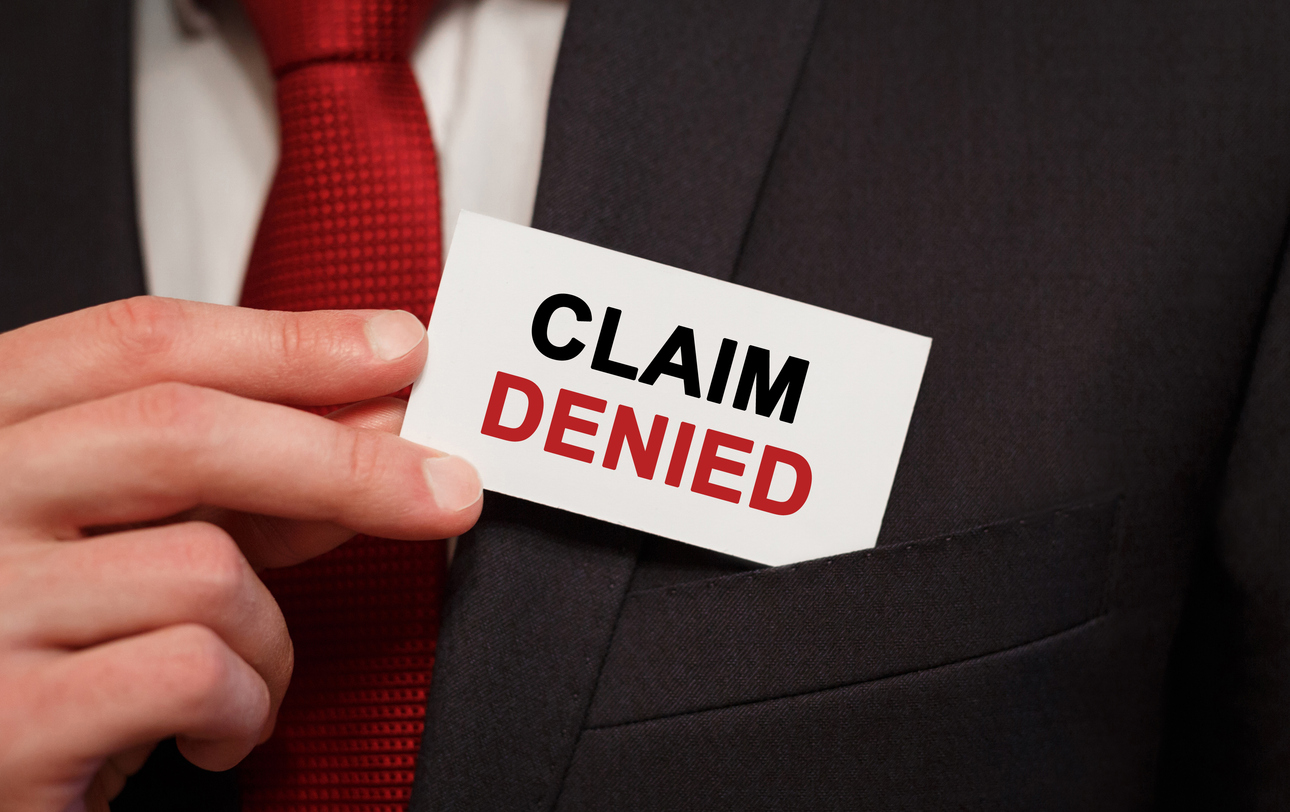Contrary to what the insurance companies want you to believe, in Florida, the insurance carrier has the burden to prove that your damages are excluded under the insurance policy.
The burdens of proof in insurance coverage disputes are well established under Florida law. Generally, there are three applicable burdens of proof:
First, the initial burden is on the policyholder to prove that the loss “falls within the terms of the all-risk policy.”1 This simply means that the policyholder must prove that damage occurred during the policy period.
Second, the burden shifts to the insurance carrier to prove that the loss falls “within an exclusionary provision.”2 The insurance carrier is required to convince the trier of fact that the exclusion applies to the loss.
Third, “if there is an exception to the exclusion, the burden once again is placed on the [policyholder] to demonstrate the exception to the exclusion.”3 It is important to note that this third burden is often not at play, because it is only used when there is an exception to an exclusion in the policy.
Recently an insurance carrier filed a motion for summary judgment in one of my cases, arguing since they have an expert with an opinion that the damages are excluded from coverage, it is now the policyholder’s burden to “show that the exclusion should not apply.” Despite that issues of material fact preclude summary judgment in this situation, their argument is also a misstatement of Florida law.
The policyholder has no burden to “show that the exclusion should not apply” unless an exception to an exclusion is at play – which is not the case in my situation. The insurance carrier and only the insurance carrier has the burden to convince a jury that the exclusion applies to the policyholder’s loss.
Outside of the litigation context these burdens are important for policyholders and their representatives to understand. All too often, insurance companies retain outcome-oriented experts to give an opinion that an exclusion applies, and then the carriers sit back and tell the policyholder to prove them wrong. Know that this is not the policyholder’s burden in the courtroom.
_________________________
1 W. Best, Inc. v. Underwriters of Lloyds, London, 655 So.2d 1213, 1214 (Fla. 4th DCA 1995).
2 Id.
3 E. Florida Hauling, Inc. v. Lexington Ins. Co., 913 So.2d 673, 678 (Fla. 3d DCA 2005) (citation omitted).




